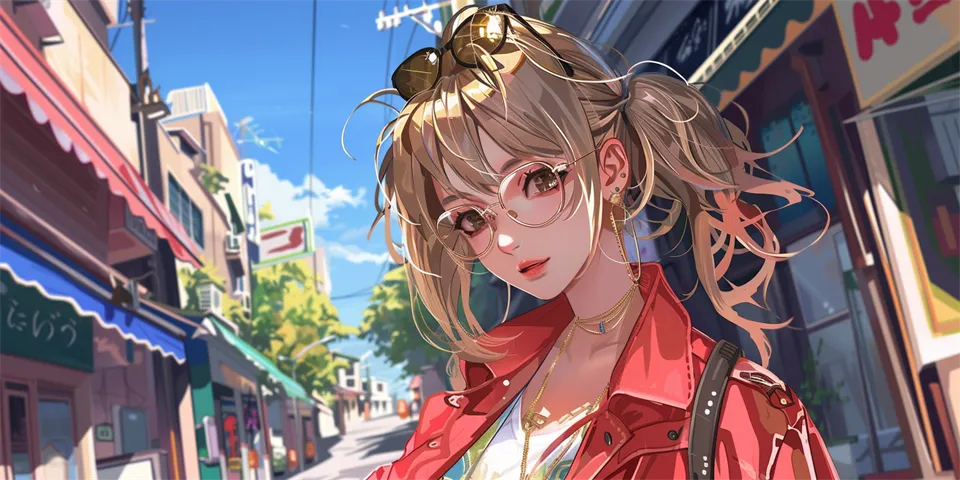How does copywrught affect fanfiction
Fanfiction, a genre of fiction in which enthusiasts utilize established characters and settings from popular works to create their own narratives, has exploded in popularity over the past decade. The legality of fanfiction is a contentious issue, intertwined with the complicated field of copyright law. This article examines 8 key aspects of how copyright affects fanfiction.
1. Derivative Works
Whenever a fanfiction writer incorporates established characters, settings, or plot elements into their work, they are engaging in the creation of a derivative work. According to copyright law, the holder of the original copyright maintains the exclusive right to create derivative works. This means that, in a strictly legal context, any derivative work created without the copyright holder's explicit permission could potentially be considered an infringement of their rights.

However, many copyright holders opt not to enforce their rights against fanfiction for a multitude of reasons, ranging from viewing fanfiction as a form of flattery to recognizing its role in building and maintaining an active fanbase.
2. Fair Use Exception
One potential defense against accusations of copyright infringement is the concept of fair use. Under U.S. law, certain uses of copyrighted material without permission may be considered 'fair' and thus not infringing. Key factors considered in any fair use analysis include the purpose and character of the use, the nature of the copyrighted work, the amount and substantiality of the portion taken, and the effect of the use upon the potential market.
Fanfiction's defense under fair use is largely untested in a court of law, and the parameters are blurry. While certain elements of fanfiction, such as commentary, criticism, or parody, might fall under fair use, other aspects, such as extensive borrowing from the original source material, might not.
3. The Role of Fanfiction Websites
Fanfiction websites, such as FanFiction.net or Archive of Our Own (AO3), act as platforms for writers to share their works. They handle copyright differently. FanFiction.net prohibits stories involving popular characters that authors or their representatives have requested be off-limits, while AO3 maintains it's a service provider and the responsibility for content lies with the fanfiction authors.
Website policies have a significant impact on the availability and kinds of fanfiction that can be produced. While AO3 generally takes a more permissive approach, allowing fanfiction that includes adult content and adhering to a 'notice and takedown' policy in response to infringement claims, FanFiction.net has more stringent restrictions on the content that can be uploaded.
4. Digital Millennium Copyright Act (DMCA)
The DMCA offers a lifeline for fanfiction sites, as it provides a 'safe harbor' for online service providers if they comply with specific requirements, including responding promptly to takedown notices from copyright holders.
Some of the biggest fanfiction websites have been able to continue their operations thanks to the protection provided by the DMCA. This federal act shifts the responsibility from websites to the offending user. As a result, fanfiction has flourished in the digital age.
Common Questions About Copyright and Fanfiction
Q: Is fanfiction illegal?
A: Not necessarily. While copyright laws could potentially be applied against fanfiction, most copyright holders choose not to enforce their rights. Moreover, the use of fair use defense and DMCA's safe harbor provision provide some protection for fanfiction.
Q: Can I sell my fanfiction?
A: Selling fanfiction (making a profit from a copyrighted material without permission) is a clear violation of copyright law. It's advised to write fanfiction as a hobby and not for financial gain.
Q: What can I do if my fanfiction is taken down due to copyright infringement?
A: Consult with a legal professional to understand your options. However, it often involves removing the infringing content and, if fair use applies, counter-claiming the takedown notice.
Conclusion
While the interplay between copyright law and fanfiction can be complex and confusing, it's critical for fan authors to develop an understanding of how the two interact. For those passionate about fanfiction, it's a part of the journey. At the end of the day, fanfiction is an expression of love for the original work, creativity, and a bonding tool within fandom communities.
References:
1. U.S. Copyright Office. "More Information on Fair Use." copyright.gov. Retrieved 2021-11-05.
2. Cody, Luke H. (2018). "The Uneasy Role of Copyright in Fan Fiction." Berkeley Technology Law Journal.
